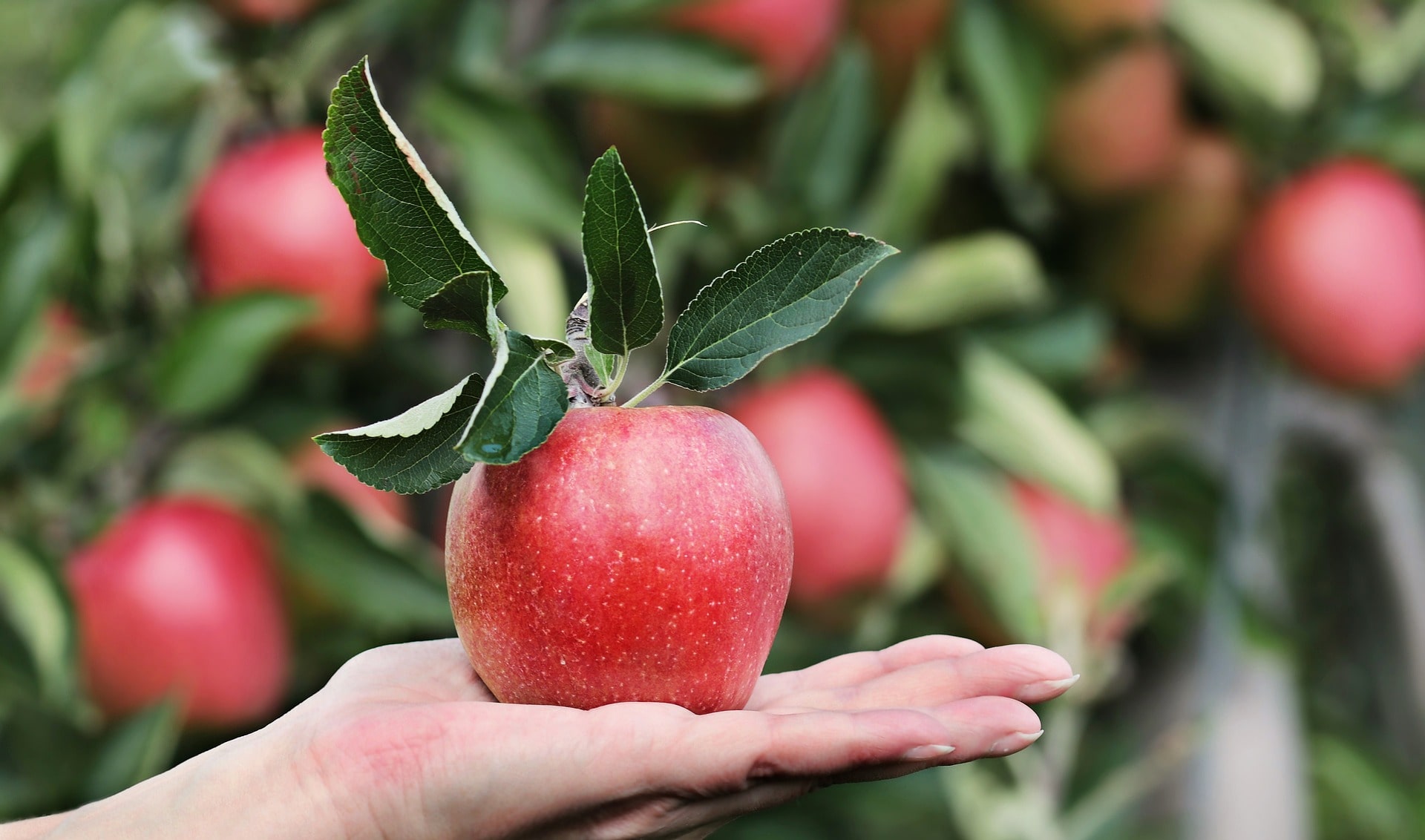nutrition
Exploring Substitutes for Apple Cider Vinegar
On This Page

All of apple cider vinegar? Or want to try something different? There are many alternatives you can choose from.
Understanding Apple Cider Vinegar: An Overview
Apple cider vinegar (ACV) has many popular uses, including as a condiment and a salad dressing. But ACV’s history goes back many centuries in human history, even as early as 3300 BC. Its healing properties have been variously thought to help with healing wounds, insect bites, addressing nutritional deficiencies, and generally promoting wellbeing. Today, in addition to its culinary uses, it is occasionally used for cleaning and to promote skin and hair health.
The Making of Apple Cider Vinegar: From Apples to Acidity
Vinegar is a term derived from the French term for “sour wine.” It can be made from basically any fermentable carbohydrate source, including molasses, dates, pears, grapes, berries, beer, potatoes, beets, whey, and yes, apples. Which brings us to apple cider vinegar.
The first step involves yeasts that ferment the natural food sugars into alcohol. Then acetic acid bacteria is used to turn the alcohol into acetic acid. The type of vinegar you can get commercially varies – some options are made through a fast fermentation process and some are made through a slower process.
The Role of Apple Cider Vinegar in Cooking, Baking, and Wellness
As mentioned above, apple cider vinegar has a wide range of uses. Some use it to cook, some use it to bake, and some use it as part of their wellness routine. Some even use it as a popular natural alternative to commercial cleaners.
When to Use a Substitute for Apple Cider Vinegar
In terms of flavor, apple cider vinegar is not universally beloved. It’s considered to be a tad milder than other available vinegars, but also notably sweeter than vinegars that are wine-based. If you’re not a fan of ACV’s taste, be encouraged: There are many alternatives you can try.
The most obvious alternatives to apple cider vinegar are other kinds of vinegars, most of which can be used in a 1:1 swap. But there are also some excellent non-vinegar options that can do the truth. Whichever way you decide to go, we can help you find an option that works better for your taste buds. And odds are you won’t have to look very far – you’ve probably already got some of these alternatives stored in your pantry!
Vinegar Substitutes for Apple Cider Vinegar
White Wine Vinegar
White wine vinegar and apple cider vinegar come with a comparable acidity level, making them easily swappable. But if white wine isn’t sweet enough for you, you can throw in some fruit juice of your own choosing.
Red Wine Vinegar
Red wine vinegar packs a stronger punch than white wine, in terms of taste. But if you’re looking for a worthy substitute for your ACV, red wine will do the trick. Just keep in mind that adding red wine can have an impact on the color of your dish – a purely aesthetic consideration, but still worth noting.
Balsamic Vinegar
Balsamic vinegar is a popular option, widely used as a sweet – but not too sweet – salad dressing. If you want to use something other than apple cider vinegar on your salad, balsamic vinegar might be the right call for you. Keep in mind, though, that balsamic vinegar is sweeter than ACV, so you might want to adjust the amount you use accordingly. Some might like a 1:1 swap, but others might want to make adjustments. It’s up to you!
Rice Wine Vinegar
Rice wine vinegar is sweeter than apple cider vinegar, and a tad milder. It’s especially popular to use in Asian cuisine.
Champagne Vinegar
Champagne vinegar is slightly milder than apple cider vinegar, but it’s got a similar acidity to apple cider vinegar. That’s why a 1:1 swap will still do the trick. This option makes an especially sound substitute in soups and stir fries.
Sherry Vinegar
Sherry vinegar, despite having similar acidity to apple cider vinegar, tastes radically different. You can still add it to your dish as a substitute, but you should expect it to significantly change the dish’s flavor.
Non-Vinegar Alternatives for Apple Cider Vinegar
Lemon Juice
When it comes to using lemon juice as an alternative to apple cider vinegar, let’s keep taste in mind. Which of the five basic tastes does apple cider vinegar contribute to recipes? Sourness, mainly. Lemon juice can do the same thing. Acidic and rather tart, lemon juice makes a great addition to dressings, sauces, and more.
Lime Juice
Lime juice is an ideal substitute, one you can even match 1:1 with apple cider vinegar. It’s got the right amount of acidity and a punchy fruity flavor.
Orange Juice
Who doesn’t love a little citrus in their dish? A splash of a little orange juice can add brightness and flavor. If you want a little more sharpness in your flavor, you can also add a little vinegar.
Apple Juice
Now, this suggestion needs little explanation. Apple juice is part of the same family as apple cider vinegar. They’re practically siblings. The thing to keep in mind, though, is that apple juice is non-fermented, and therefore doesn’t offer vinegar’s acidity. If you’re splashing some apple juice on a dish, you might want to add a splash of a different vinegar, just to add acidity.
The Bottom Line
If you’re following a recipe that calls for apple cider vinegar, and you find that you’re all out, don’t lose hope: There are many alternatives that will do the trick. A quick look in your pantry will likely reveal that you’ve got everything you need already within arm’s reach.
The same is true if you’ve decided that the taste of apple cider vinegar isn’t quite for you. There are other options.
The best alternatives to apple cider vinegar tend to be other vinegars, but there are also some excellent non-vinegar options at your disposal. The key is to find a flavor that works for you and the dish you’re trying to create. That said, if you have an intolerance to vinegar and fermentation, steer clear of vinegars altogether.



